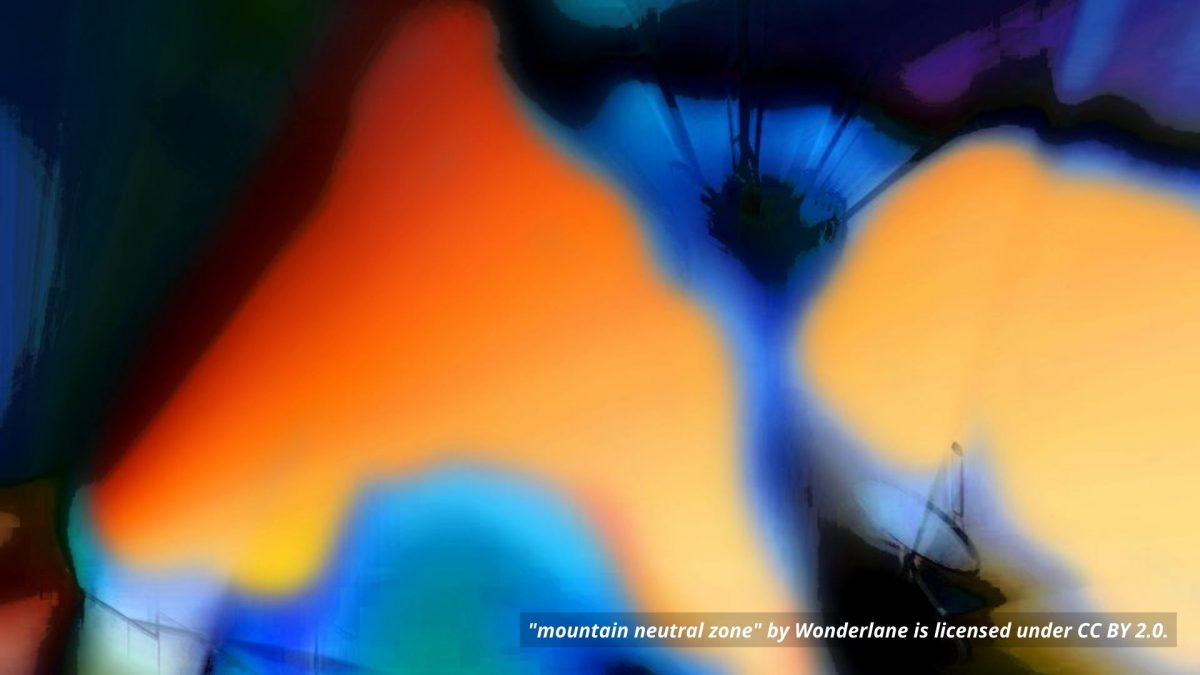Today, the Court of Justice of the European Union (CJEU) delivered its long-awaited and highly anticipated judgment inCase C-401/19. The case addresses the Polish challenge regarding compliance of Article 17 of the 2019Directive on copyright and related rights in the Digital Single Market 2019/790(CDSM) with fundamental rights. In short, the court ruled that Article 17 is valid and compatible with fundamental rights (see officialpress releaseandjudgment).在这篇博客文章中,我们概述了第17条,简要分析了CJEU的判决,并提供了一般性的评论。
Background
Article 17 is a controversial article, creating an intermediary liability framework for online content sharing service providers (OCSSPs). It imposes a monitoring obligation, which many have argued translates in practice as OCSSPs using “upload filters” to moderate content so as to avoid copyright infringement. The obligation for platforms to proactively filter and block user communication (under the risk of being directly liable for copyright infringement committed by their users) raises many concerns. Because copyright infringement determinations are very often sensitive to context, there is a significant risk of overblocking user content — an outcome with adverse effects on the exercise of freedom of expression, access to information and other fundamental rights of users. Upload filters are highly problematic as they generally have a chilling effect on platform users and profoundly undermine their fundamental freedom to share.
虽然2021年6月是将第17条转化为国家立法的最后期限,但许多会员国尚未这样做。Those that have, have taken divergent approaches, in part a result of the belated (June 2021)European Commission’s implementation guidance, based on astakeholder dialogue.
At stake in this CJEU case was whether Article 17 (or parts thereof) violate fundamental rights, in particular Article 11 of theEU Charter of Fundamental Rightsand the principle of freedom of expression and information. Poland argued that it did violate fundamental rights. Communia’sreport from the November 2020 hearingprovides a good overview of the main arguments. In brief, the issue arises because while Article 17 provides that this monitoring obligation should not result in the prevention of the availability of uploaded works that do not infringe copyright, there is a lack of clarity around such “user safeguards.”
Judgment
It comes as no surprise that the court followed theopinionof Henrik Saugmandsgaard Øe, appointed Advocate General (AG) in C-401/19 (see Communia’ssummary of the opinion).简而言之,AG Øe建议CJEU裁定第17条符合欧盟基本权利宪章。他认为,第17条不应被废除,因为在线内容共享服务提供商的监控义务必须受到足够的内在保障措施的限制,以最大限度地减少内容过滤活动对用户表达和信息自由的影响。简而言之,判决书指出,虽然过滤技术确实限制了基本自由,但第17条包括了充分和适当的保障措施,以保护用户的言论/信息自由。重要的是,法院明确,在例外和限制下允许的使用是用户的“权利”(与AG的立场一致),ocssp的任何干预必须由权利持有人的相关和必要信息触发,并且禁止一般性监控。
Comment
This judgment provides some important legal certainty in what remains a legally complex and confusing area of copyright law. It remains to be seen how Article 17 will be applied in practice in a way that truly upholds fundamental rights in all Member States. Even so, what is clear is that the ruling will have to be considered by Member States and integrated into their domestic transposition process as they continue to implement CDSM. It will also likely influence the course of theDigital Services Act (DSA) implementation, where intellectual property rights enforcement will also need to be balanced with fundamental freedoms,as noted by the IPKat.
Creative Commons CEO Catherine Stihler said: “Creative Commons remains opposed to filtering mandates, which areoverbroad, speech-limiting, and bad for both creators and reusers. At CC, we will also continue to support better, open sharing of content on the internet and to uphold people’s freedom of expression and freedom to share.”




